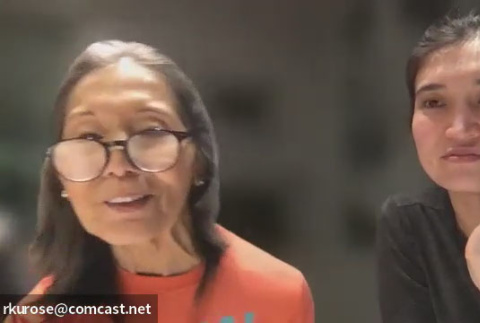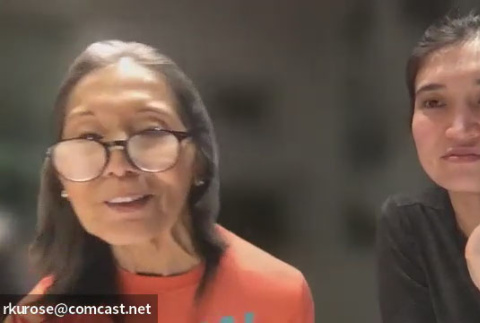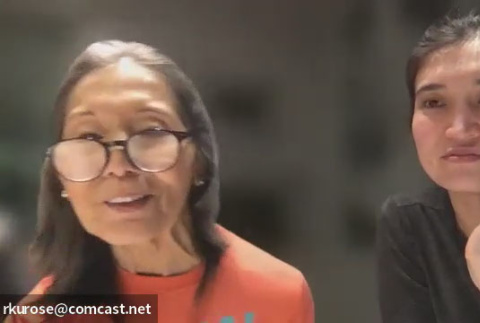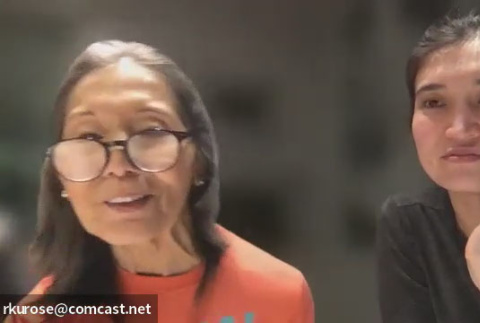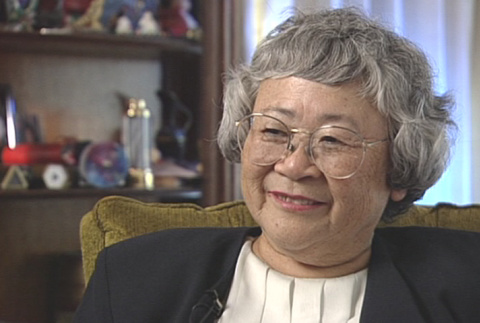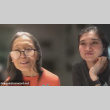87 items
87 items
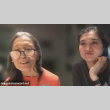
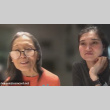
vh
The Kurose Family Interview Segment 10 (ddr-sjacl-2-42-10)
Aki Kurose's longtime role as a peace activist
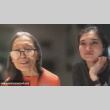
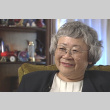
vh
Akiko Kurose Interview I Segment 15 (ddr-densho-1000-41-15)
Deciding what to take during mass removal: filling a dime-store suitcase

vh
Akiko Kurose Interview I Segment 21 (ddr-densho-1000-41-21)
Impact of the incarceration on family: loss of family togetherness


vh
Akiko Kurose Interview I Segment 10 (ddr-densho-1000-41-10)
The ethnic diversity of prewar Seattle


vh
Akiko Kurose Interview I Segment 2 (ddr-densho-1000-41-2)
The family apartment, life in prewar Seattle


vh
Akiko Kurose Interview I Segment 12 (ddr-densho-1000-41-12)
Growing up outside Japanese American cultural restraints


vh
Akiko Kurose Interview I Segment 1 (ddr-densho-1000-41-1)
Parents' life in Japan and emigration to the United States

vh
Akiko Kurose Interview I Segment 13 (ddr-densho-1000-41-13)
"I no longer felt I was an equal American": reaction to the bombing of Pearl Harbor

vh
Akiko Kurose Interview I Segment 19 (ddr-densho-1000-41-19)
Graduating from high school in Minidoka concentration camp, Idaho

vh
Akiko Kurose Interview I Segment 23 (ddr-densho-1000-41-23)
Meeting future husband and getting married

vh
Akiko Kurose Interview I Segment 16 (ddr-densho-1000-41-16)
First impressions of the Puyallup Assembly Center




vh
Akiko Kurose Interview I Segment 4 (ddr-densho-1000-41-4)
Growing up in an ethnically diverse neighborhood in prewar Seattle

vh
Akiko Kurose Interview I Segment 20 (ddr-densho-1000-41-20)
Daily life at Minidoka concentration camp, Idaho, positive and negative memories

vh
Akiko Kurose Interview I Segment 14 (ddr-densho-1000-41-14)
Preparing for mass removal, protecting family possessions during the war

vh
Akiko Kurose Interview I Segment 5 (ddr-densho-1000-41-5)
Differences between prewar life and incarceration: learning the value of positive thinking
